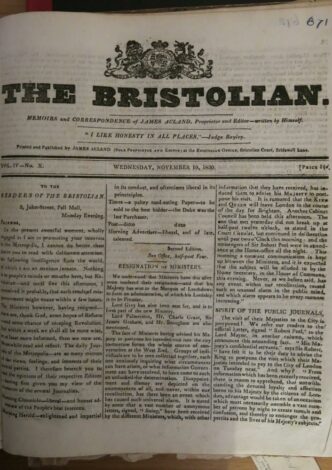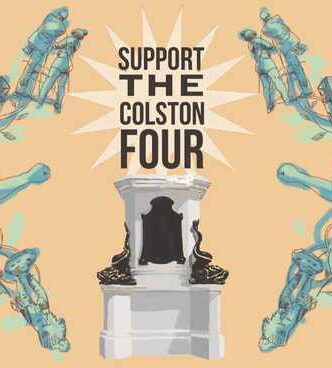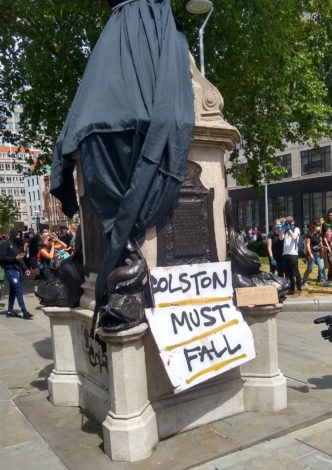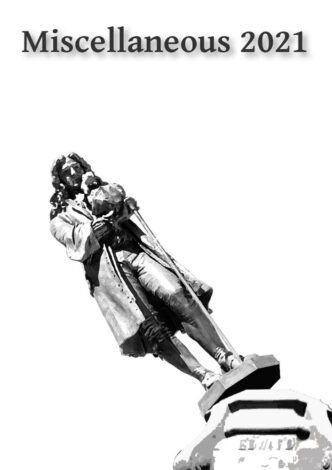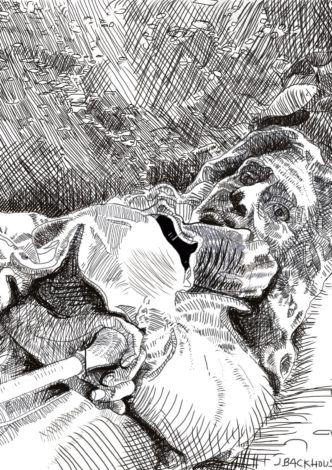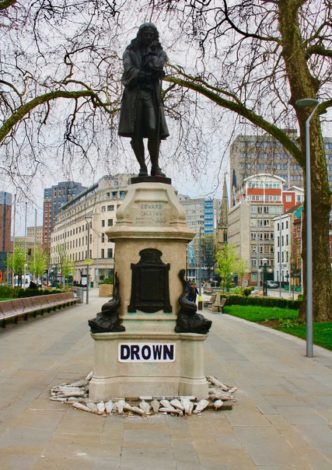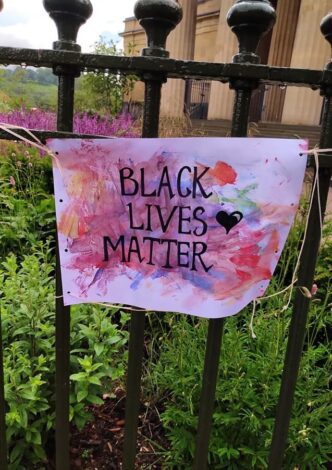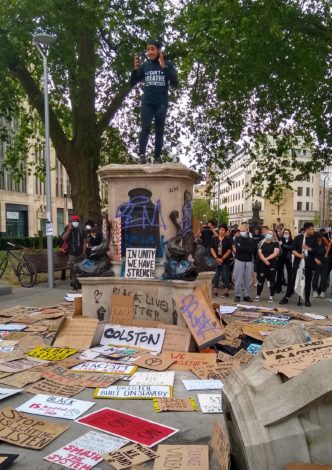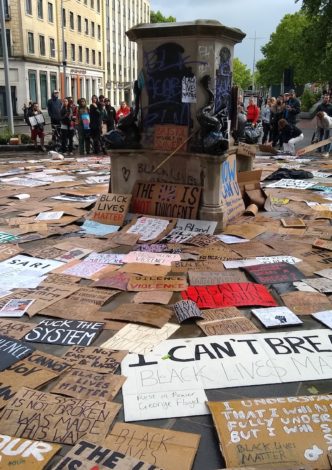James Acland and The Bristolian (1827-1831)
In 1827, radical journalist James Acland launched the West Country’s first daily newspaper. He called it The BRISTOLIAN. Undercutting the advertising rates of existing weekly papers, conducting a lively letter column and breaking the law by publishing at one and a half pence without paying the newspaper stamp tax, Acland’s publication was a muck-raking popular radical paper for the working classes. The paper concentrated on exposing the abuses both of the unreformed Corporation which ran Bristol […]


